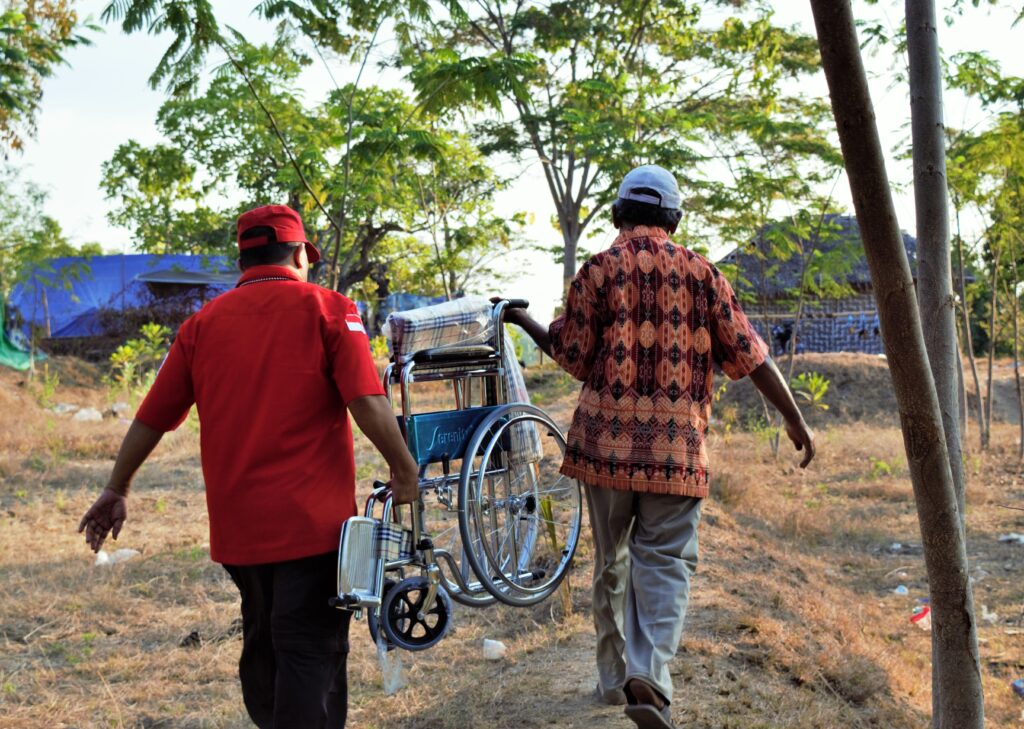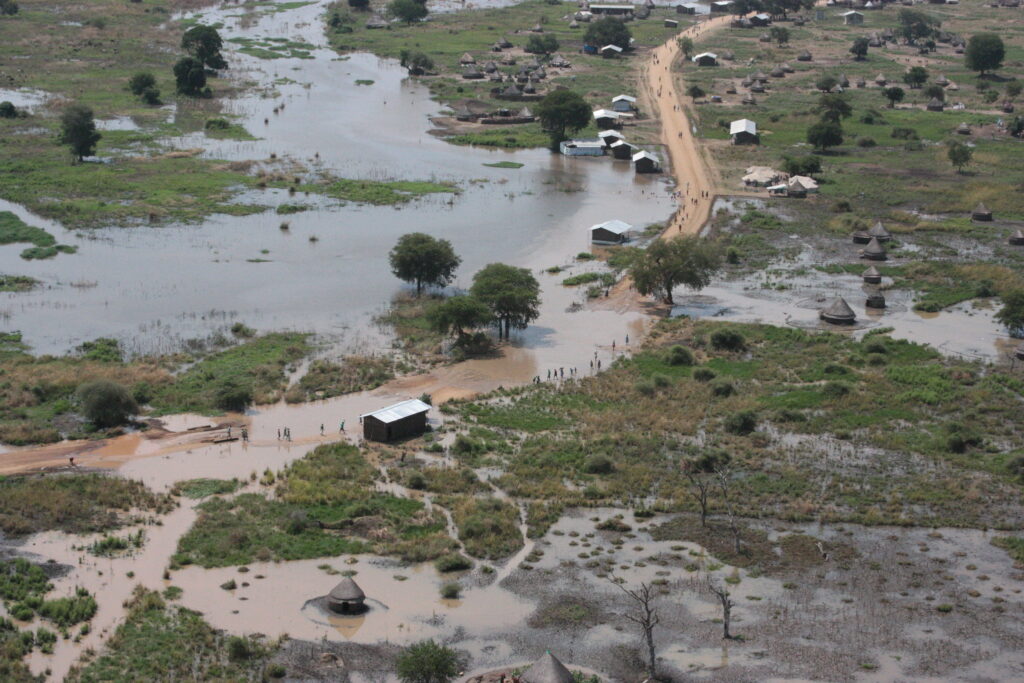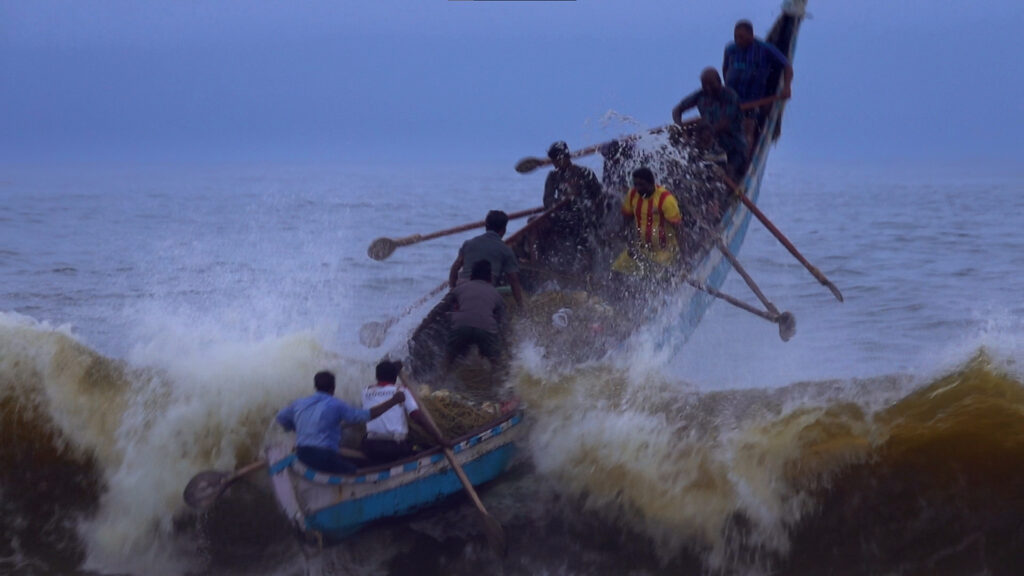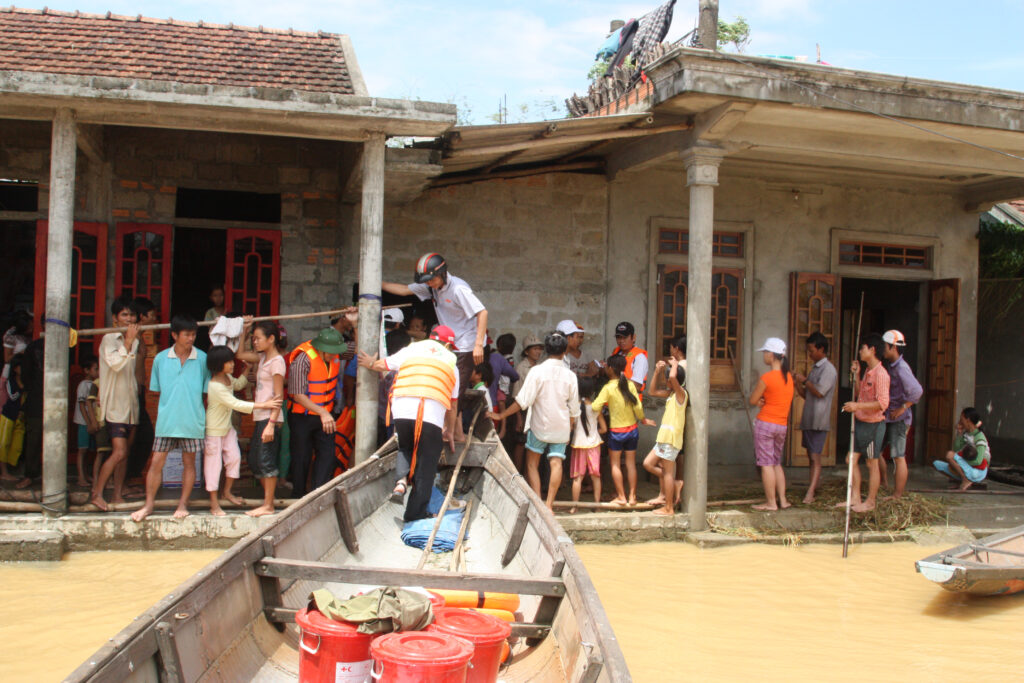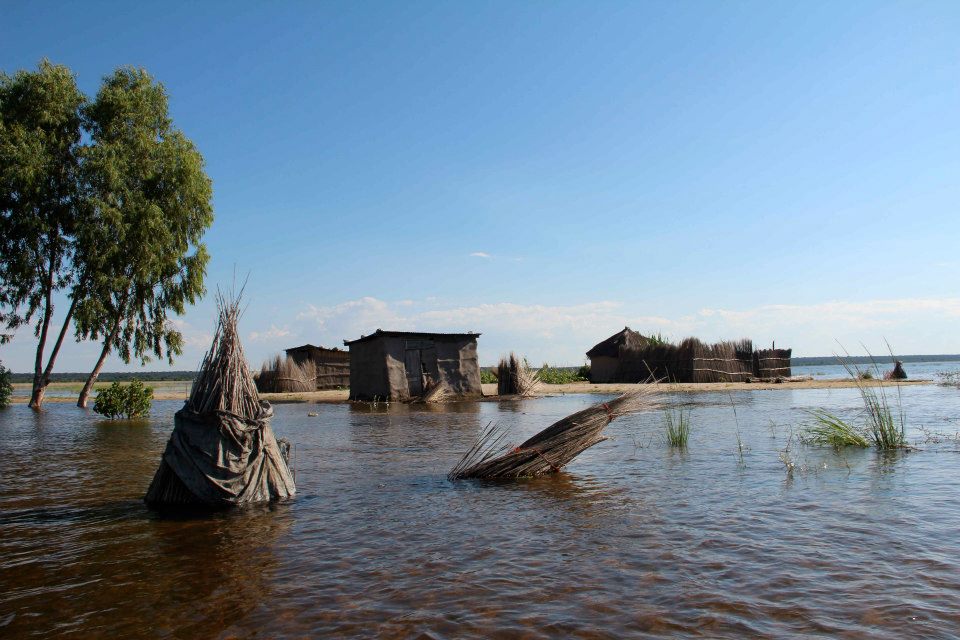Enhancing People-Centred Early Warning Systems (PCEWS) in Traditional Coastal Communities of Brazil: An Intersectional Approach to Inclusive Risk Communication
About this Paper: This study investigates barriers to accessing and acting on Early Warning Systems (EWS) among traditional coastal communities in southeastern Brazil, focusing on Quilombola and Caiçara groups. These communities face unique challenges, including delayed information, unreliable communication technologies, and misinformation, exacerbated by socio-economic and geographic vulnerabilities. Using a mixed-methods approach, the research engaged […]




